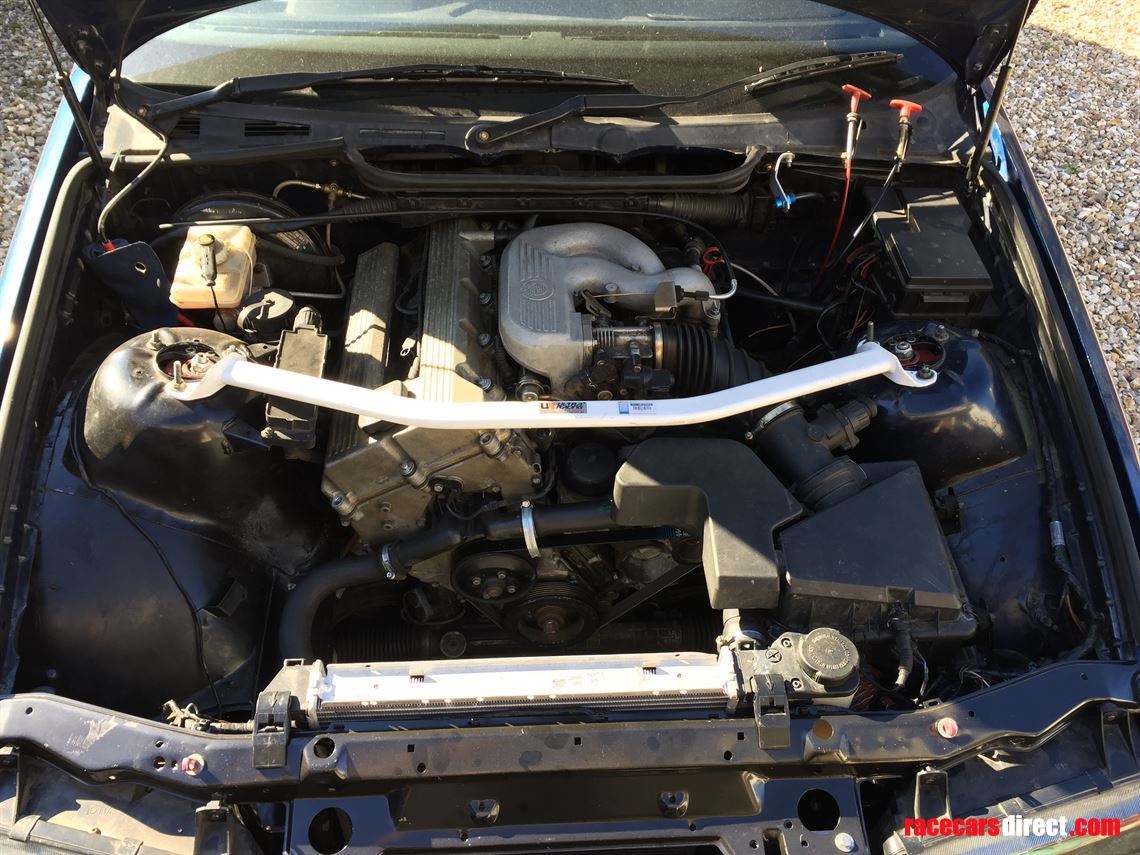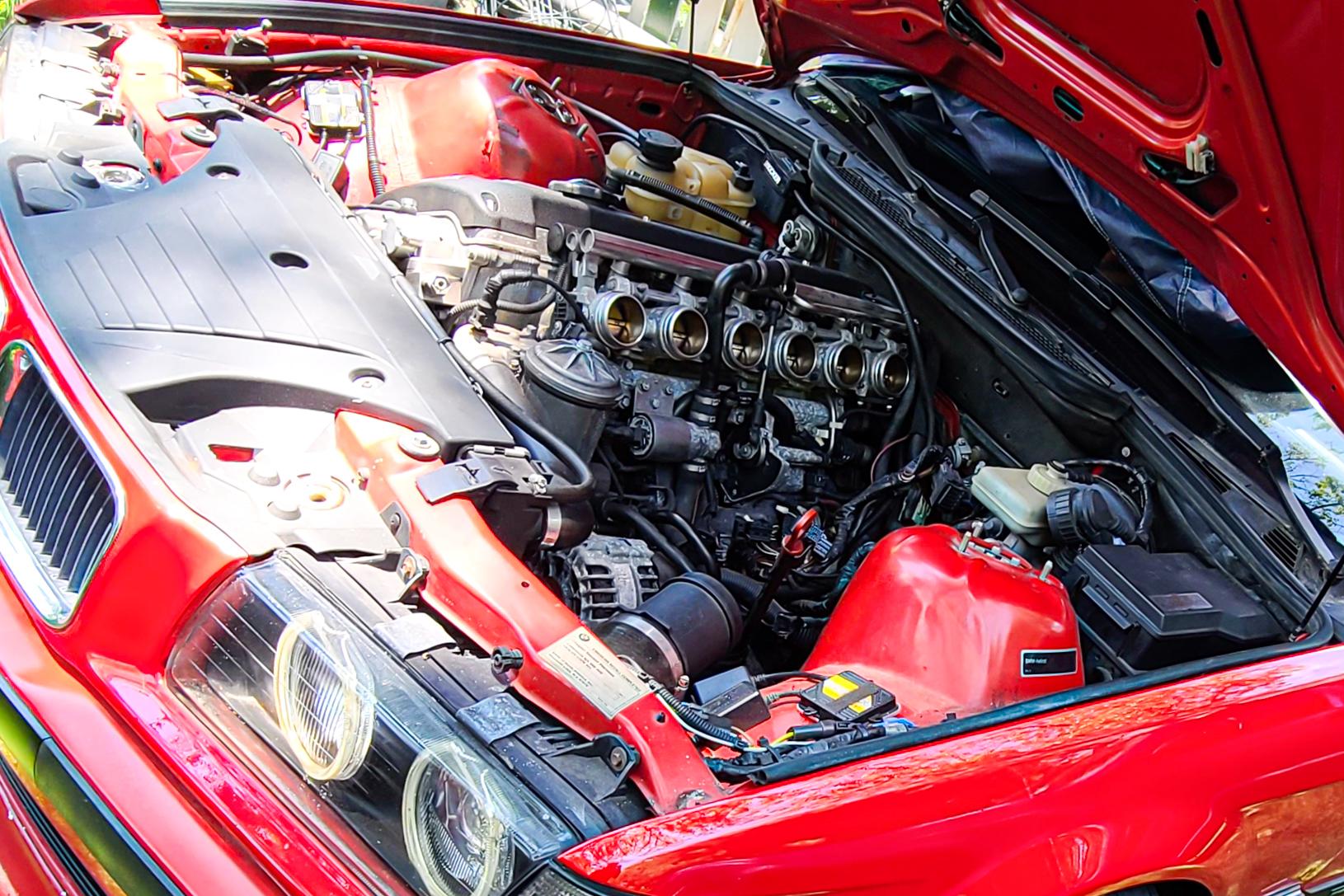BMW 318ti: A Traditional Compact with Timeless Charm
BMW 318ti: A Traditional Compact with Timeless Charm
Blog Article
Trick Features to Seek When Buying an Engine for Automotive Applications
When thinking about the purchase of an engine for auto applications, a number of key functions require cautious evaluation to make certain optimum efficiency and capability. From power and performance abilities to sustain resilience, adherence, and performance to exhausts requirements, each element plays a vital function in determining the engine's suitability for certain auto needs.
Power and Efficiency
When picking an automotive engine, customers prioritize power and performance to ensure ideal driving experience and efficiency. A well-performing engine not only delivers power successfully yet also runs smoothly throughout different speed varieties and driving conditions.
In addition, factors such as engine hybrid, displacement, and turbocharging innovations play significant duties in enhancing both power and efficiency degrees. Inevitably, selecting an engine that uses a powerful combination of power and performance guarantees a enjoyable and effective driving experience.
Fuel Efficiency
Optimizing gas efficiency is a paramount factor to consider for consumers when examining auto engine alternatives. Modern engines with functions like straight fuel shot, turbocharging, and variable shutoff timing can considerably improve gas efficiency by enhancing combustion processes and decreasing power loss.

Durability and Reliability
Achieving durable performance and reliable operation is necessary for customers examining the longevity and dependability of auto engines. When thinking about an engine for automotive applications, sturdiness refers to the engine's capacity to withstand wear, tension, and extreme operating conditions over an extended period. Reliability, on the other hand, suggests that the engine can continually execute its intended feature without unforeseen breakdowns or failures.
Customers must try to find engines built with premium products and exact engineering to make certain long life. Parts such as pistons, crankshafts, and bearings should be durable to deal with the engine's power result without premature wear. In addition, engines geared up with sophisticated cooling systems, reliable lubrication, and robust filtering devices tend to display greater degrees of dependability.
Normal maintenance and adherence to maker suggestions are additionally vital factors in maintaining an engine's durability and integrity. By following maintenance schedules, using advised fluids, and dealing with any issues without delay, consumers can optimize the life expectancy and performance of their automotive engines. Ultimately, prioritizing longevity and integrity in engine selection can lead to a more rewarding ownership experience with fewer unexpected interruptions.
Emissions Compliance
Guaranteeing conformity with discharges policies is an essential aspect of evaluating vehicle engines for environmentally conscious customers. With increasing worries concerning air high quality and environmental influence, rigorous emissions standards have actually been placed in area worldwide to decrease damaging pollutants released into the atmosphere. When purchasing an engine for vehicle applications, it is necessary to consider its emissions compliance to decrease the carbon footprint and abide by lawful requirements.
Modern engines are geared up with advanced exhaust control modern technologies such as catalytic converters, exhaust gas recirculation (EGR) systems, and discerning catalytic decrease (SCR) to decrease dangerous exhaust gases like nitrogen oxides (NOx), carbon monoxide (CO), and hydrocarbons (HC) These systems play an essential role in making sure that the engine satisfies the specified discharges standards and operates within permissible limitations.

Cost-effectiveness
When thinking about automobile engine purchases, evaluating cost-effectiveness is extremely important for consumers seeking both performance and worth. It encompasses the total expenditures connected to maintenance, gas consumption, and prospective repairs over the engine's life expectancy.
One trick aspect of cost-effectiveness is gas performance. Engines that are developed to optimize fuel economic climate can bring about significant savings gradually, specifically for people who drive frequently or over cross countries. In addition, taking into consideration the accessibility and affordability of spare components and maintenance can add to the total cost-effectiveness of an engine. Making certain that repair and maintenance are reasonable and obtainable can stop unforeseen monetary burdens down the line.

Final Thought
Finally, when purchasing an engine for automotive applications, it is important to consider webpage essential functions such as power and performance, fuel reliability, performance and durability, exhausts conformity, and cost-effectiveness. These elements are important in making certain that the engine satisfies the demands of the vehicle and runs successfully in different driving problems - bmw 318ti. Making a notified choice based on these requirements will ultimately bring about a reliable and successful automobile engine purchase
From power and performance capabilities to fuel performance, adherence, and longevity to emissions requirements, each element plays a crucial function in identifying the engine's suitability for particular auto needs. Engines developed to run on alternate gas such as electrical power, crossbreed systems, or biofuels can offer better gas economy and reduced exhausts compared to traditional gasoline or diesel engines. Consumers ought to very carefully consider the gas efficiency rankings and modern technologies integrated right into vehicle engines to make educated purchasing decisions that straighten with their priorities for price financial savings and sustainability.
When considering an engine for auto applications, durability refers to the engine's capacity to endure wear, stress, and extreme operating problems over an extensive duration.In conclusion, when acquiring an engine for vehicle applications, it is vital to consider essential features such as power wikipedia reference and efficiency, fuel performance, dependability and longevity, exhausts compliance, and cost-effectiveness.
Report this page